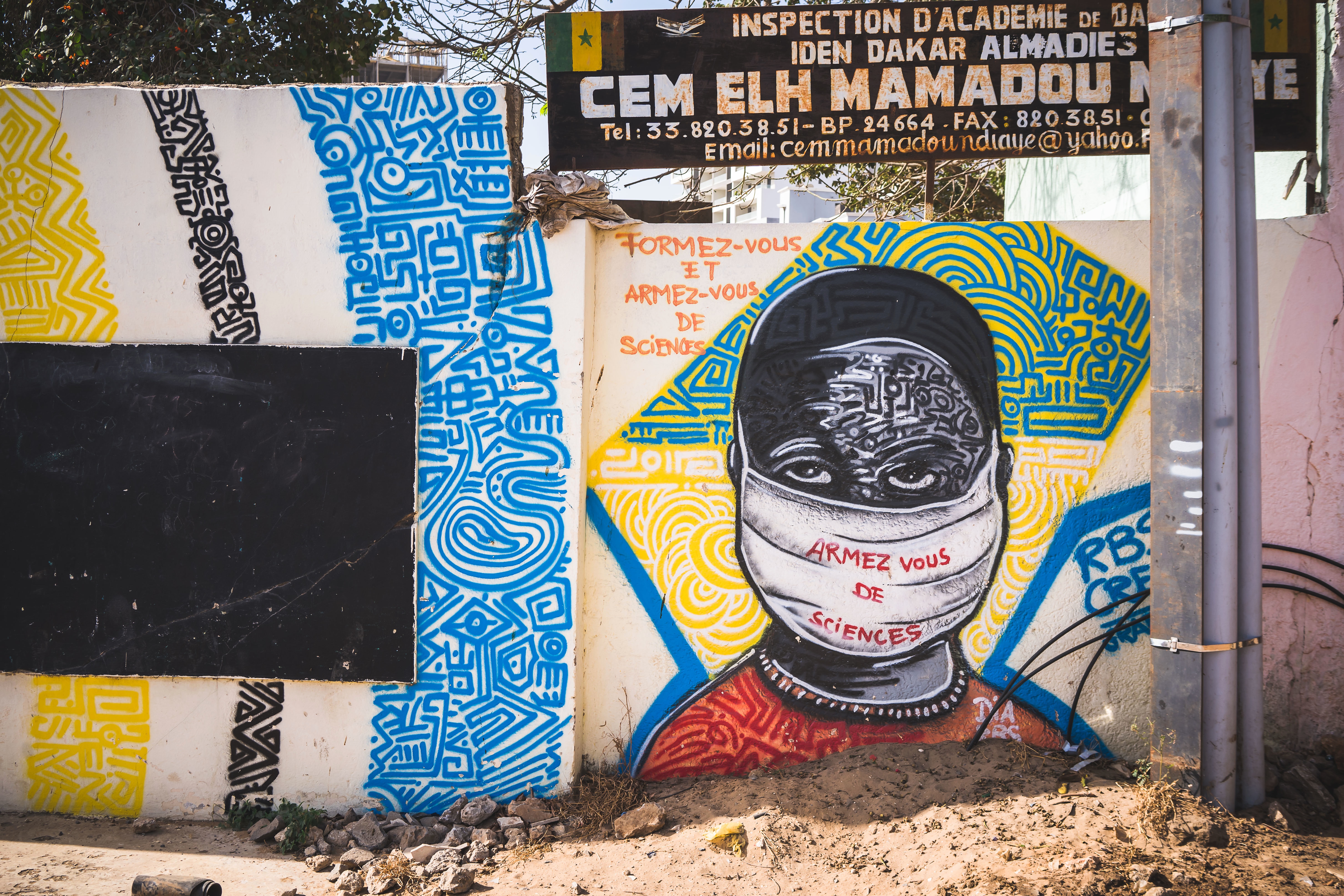Shreya Gulati discusses instances of colonial excesses to make the case for reparations in the present context.
Reparations, a polysemous term, is most widely accepted as a monetary or other compensation, that is payable by a country to another country or an individual for a historical wrong. In the international development arena, reparations and development are often approached and conceptualized independently. However, the demands of victims/ survivors of historical wrongs and infringement of human rights, urge us to delve into these issues simultaneously. This article discusses instances of colonial excesses to make the case for reparations, traces the historical transformation of the meaning of reparations and evaluates the means by which reparations can be made in the present context.
Reparations for stolen wealth, lives and dignity
A sneak peek into the exploitative power relationships between the colonizer and the colonized, suggest the momentousness of reparations in the current development context. Indian economist Utsa Pattnaik estimated that ‘British Raj’ led to the plunder of almost USD 45 trillion from India between 1765 to 1938. An audit by the French government, estimated around 90,000 objects preserved at the country’s museums that were looted from Africa alone. Europe’s debt to the Caribbean States is estimated at 7 trillion British pounds, just for ‘200 years of free labour’. Jamaica, another historically colonised country is seeking USD 10.6 billion, equivalent to the fees paid to slave owners by Britain in order to populate the island. Thus, making it arguable that Britain owes the descendants of those slaves, at minimum, the purchase price of their ancestors. Burundi pegs its demand for reparation from Germany and Belgium, at USD 43 billion, to compensate for the economic toll caused by decades of colonialist violence and forced labour. Moreover, the present value for human loss alone to Africa is estimated at USD 75 trillion.
It becomes increasingly evident that colonialism has stifled progress and gutted the economies of colonized societies, leading to inter-generational inequalities, between and within countries. Europe’s rise at the expense of the colonial world, makes reparations and colonial debt, not only an issue of repayment but also that of reconstitution. It necessitates us to rethink present global and international structures that are built on the relics of racism and colonialism.
Changing Notions
Over the years, there has been a drastic change in the way in which reparations are perceived. Two examples provide us with an understanding of the skewed notions of reparations that existed during the British Empire. The process of abolishing slavery across the whole of the British Empire was completed by 1833. The British government paid 20 million pounds as compensation for loss of property to those who owned other people/ slaves. This accounted for almost 40% of the treasury’s income and the government had to take out loans to pay the owners of slaves, rather than pay reparations to slaves themselves.
Another example comes from Haiti where the abolition of slavery succeeded the declaration of independence in 1804. The French government put blockades on Haiti, which continued for 20 years and were only lifted with the fulfilment of the French government’s demand for compensation for their lost land, property and slaves, which was equal to 1/6th of France’s total income in 1825. This hefty sum was equivalent to Haiti’s total income of five years and was to be paid in five equal instalments. To repay this, the Haitian government had to borrow loans from French banks and by the end of 19th century, it had an outstanding debt of 166 million Francs. Thus, independence from the colonizers just reinstated and reinforced the evils of colonialism, in a different way.
Fortunately, since then, the world has moved away from such skewed conceptions of reparations which force the victim to pay reparations rather than receive it. As we know it today, any reparation must meet three ends- acknowledgement, redressal and closure. Thus, it does not only entail making financial/ monetary compensations, but also emphasises the moral and ethical obligation of the oppressors (Global North) to meet the demands of the oppressed (Global South) which stem from the horrific legacy of racial systems and colonial processes. These demands are proportional to the extent of losses faced by victims and their descendants, in the colonised countries.
Salving Wounds
There are several means by which reparations can be channelized from the Global North to the Global South, such as – the shift in the perception of Grants and ODA from ‘charity’ to ‘reparations’ , reallocation of the Special Drawing Rights of the IMF, tapping into blended finance, climate finance and symbolic reparations.
It is often believed that aid to Africa is characterized by ‘authoritarian paternalism’ and ensures that Africa remains perpetually in an infant-like state. On the contrary, proponents of aid suggest that, a ‘big-push’ is required to overcome the obstacles of poor agricultural productivity, poor health and education etc. Fig 1. suggests that, in 2021-22, after unspecified ODA destinations, majority of the ODA (23.3%, USD 31,807) from the DAC was channelized towards the region of ‘South of Sahara’ and 11.3% was channelized towards North Africa and the Middle East. A global acknowledgement and apology for the historical exploitation inflicted on the South by the North, could be a stepping stone for conceptualizing aid as reparations and not ‘charity’.

Special Drawing Rights or ‘IMF Coupons’ can be seen as an instrument for reparation that fills the inequalities between the rich and the poor countries. August 2022, saw the largest allocation of SDRs since 1945, to the tune of USD 650 billion. However, the deeply entrenched structures of colonialism in international organizations ensured that the lion’s share of 60% went to rich countries like the USA, followed by high-income countries like China that received 22% and the low-income economies which received a meagre of 1.4%.
Blended finance, which brings together finance from development agencies, international organisations, donors, financial institutions, entrepreneurs, accelerators, and academia, can also be tapped to provide reparations to the underdeveloped world. Private companies like JP Morgan Chase, Shell, Total etc. that have made their fortune on the backs of Africans and slaves, can assume a proactive role in making amends for historical blunders.
Additionally, colonialism has become increasingly synonymous to ecological imperialism. A reckoning of the historical contribution of imperialists towards climate change is important to decide the level of reparations. Central to climate finance is the premise that the developed economies have been responsible for the majority of the historical carbon and GHG emissions, that is now disproportionately endangering the lives of the people from the developing world. The concept of ‘Common But Differentiated Responsibilities’ was introduced in the Earth Summit at Rio in 1992. This concept along with the ideas of compensation for ‘Loss and Damage (L&D)’ faced by countries that are least responsible for climate change has also gained traction in COP 26 and COP 27. Thus, ecological reparations in the form of Green Climate Funds, climate bonds etc. could also be explored.
Lastly, financial reparations could be complemented by symbolic measures such as formal apologies, establishment of truth commissions, return of artefacts and sharing of scholarly literature that highlight the truth of the colonial era.
The views expressed in this post are those of the author and do not reflect those of the International Development LSE blog or the London School of Economics and Political Science.
Image credit: The Slave Trade, John Raphael Smith and George Morland, (Date: 1791). Via lookandlearn.com.






Great read, very thought provoking
Very interesting and important discussion. A deeper and broader analytical lense will be helpful to expand the scope across geographies and time.
It seems some people want me, the grandson to pay for the sins of the grandfather?
Do you realise why that wish is a cardinal sin?
Because if that’s what they demand, then to defend ourselves, we must find justice in the actions of the grandfather.
And those people will have lit the touch paper to a generation of racial conflict.
Did anyone learn the lesson Nelson Mandela taught?